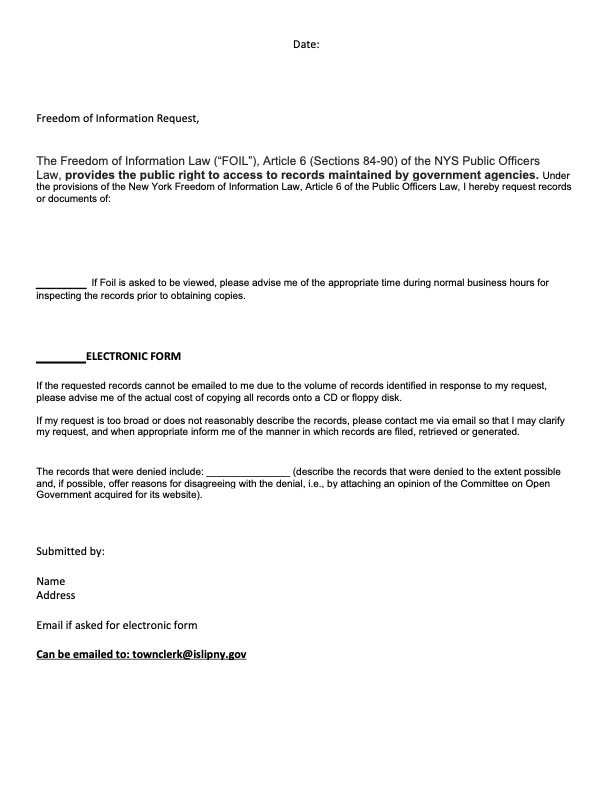THE TOWN BOARD
§ 3-1. General provisions.
2) Representation. When a town board member votes on a proposal before a town
board, he or she is representing, through that vote, the views of all of the residents of the
town. Thus, a high personal responsibility rests on individual town board members. It
requires that they exercise careful consideration in making important decisions which will
affect the lives of town residents and businesses.
§ 3-7. Authority.
A. Board acts as a body. The town board, as the executive body of the town, acts as a
unit and must function as a body (Town Law §§ 60 and 63). An individual board member
may not unilaterally act on behalf of the town board. Thus, each town board member has
no more or no less authority than any other board member.Therefore, no board member
can legally act independently of the others or outside of the board. This means that no
single member of the town board can act for or commit the board as a body to any particular program or policy.
C. Posting.
(1) The Open Meetings Law (Public Officers Law § 104) requires notice of the time
and place of a meeting to be posted conspicuously in at least one public location (i.e., the
town clerk's bulletin board) and to be given to the news media at least 72 hours prior to
any meeting which is scheduled at least a week in advance. Where a meeting is scheduled
less than a week in advance, notice to the news media and public posting must be
accomplished to the extent practicable.
§ 4-4. Procedure at Town Board Meeting.
A. Voting. The vote on every question shall be by "ayes" and "noes," and the names
of the members present and their votes shall be entered in the minutes of the town board.
Voting by proxy, telephone or affidavit is prohibited. A member must be physically
present in order to vote on any matter before the board.
B. Role of town clerk. The role of the town clerk as clerk of the board is very
important. The clerk must attend every meeting and keep a written record of all
proceedings of the board even though he or she is not a member of the board and does not
have a vote on matters coming before the board. If for some reason the clerk is not
present, the supervisor should designate someone to take minutes.
(6) Speakers from the floor.
(a) The supervisor should emphasize that anyone choosing to speak should address
his or her remarks to the town board only. In this way, any debate between those "for" and
those "against" the proposal should be avoided.
(b) It is also suggested that the supervisor advise that no person may speak a second
time until everyone who wants to speak has spoken.
(c) If there is a big crowd present, the five-minute rule should be enforced strictly.
Otherwise, it might be politic to be more lenient.
E. Minutes.
(1) Summary minutes must be made of any final determination taken by formal vote,
including the date and the vote thereon; however, such summary should not include any
matter which is not required to be made public under the Freedom of Information Law.
Such summary minutes shall be available to the public within one week from the date of
the executive session.
§ 4-7. Applicability of Open Meetings Law.
A. Applicability to town board and other bodies. The Open Meetings Law applies not
only to town boards and other town bodies and commissions performing a governmental
function, but to committees and subcommittees thereof consisting of two or more persons
[Public Officers Law § 102(2)].

